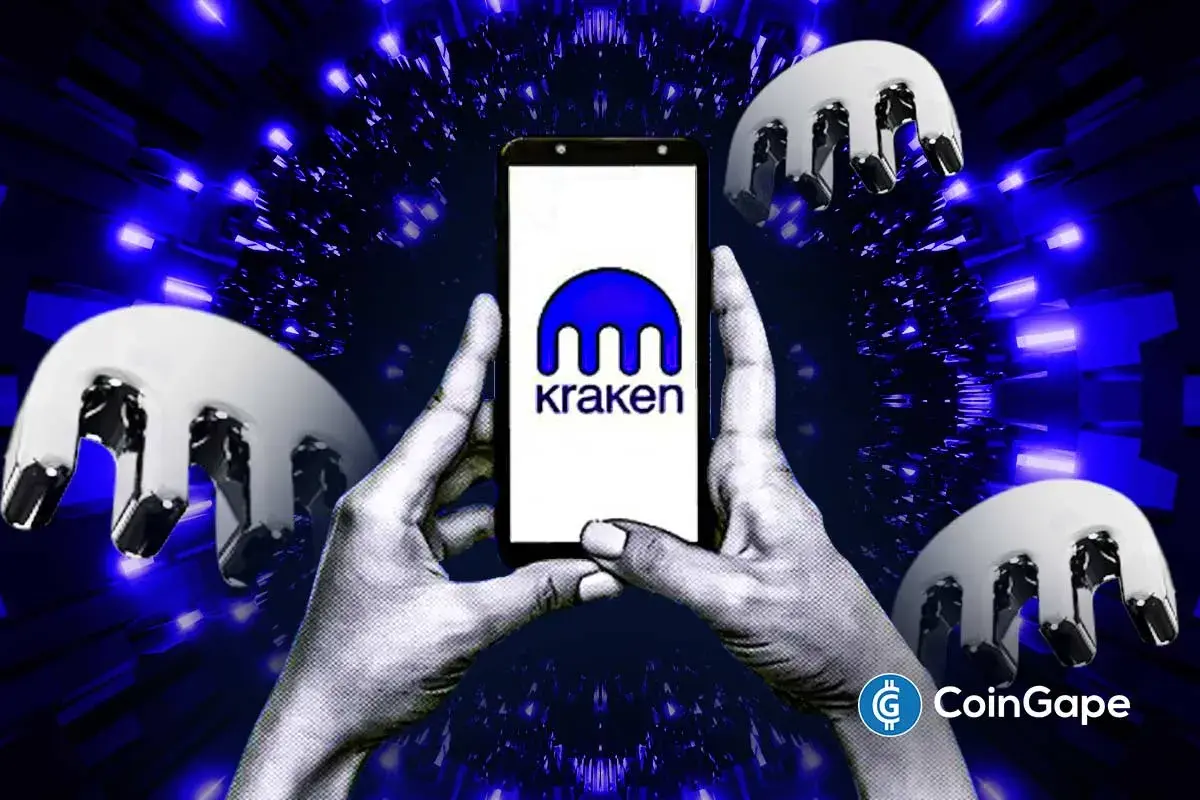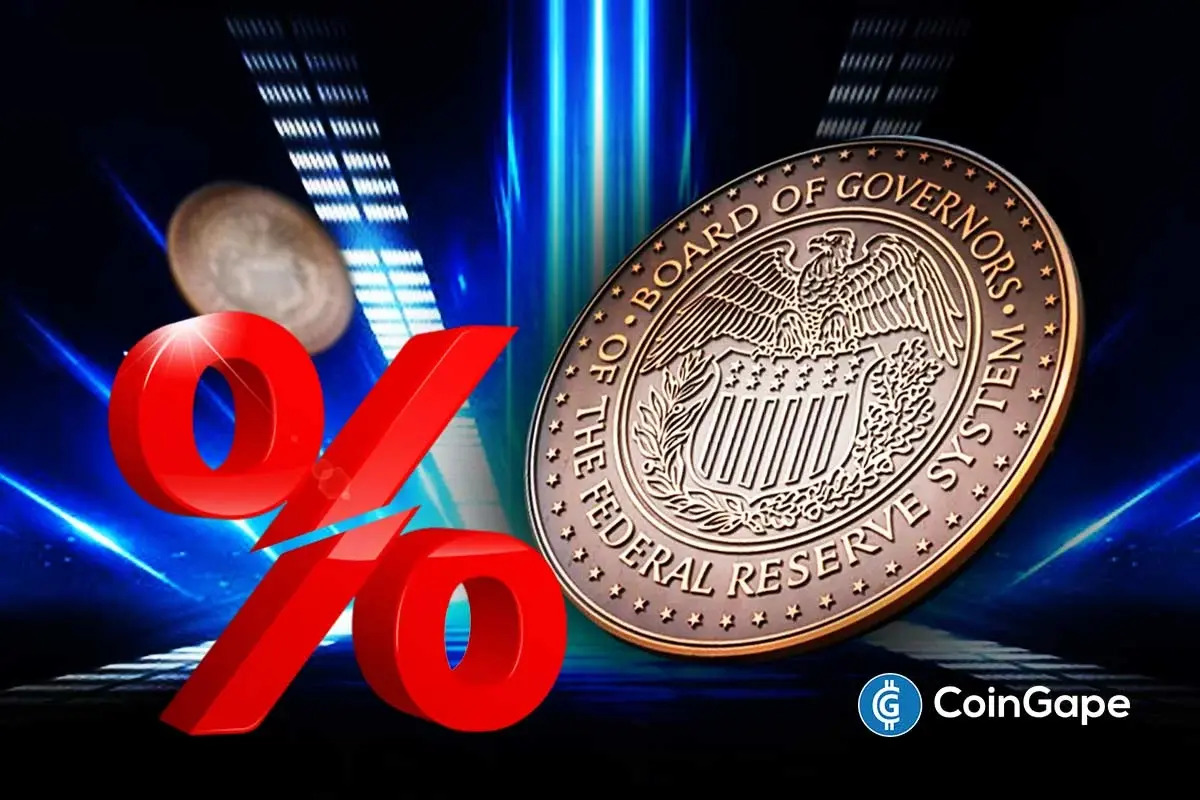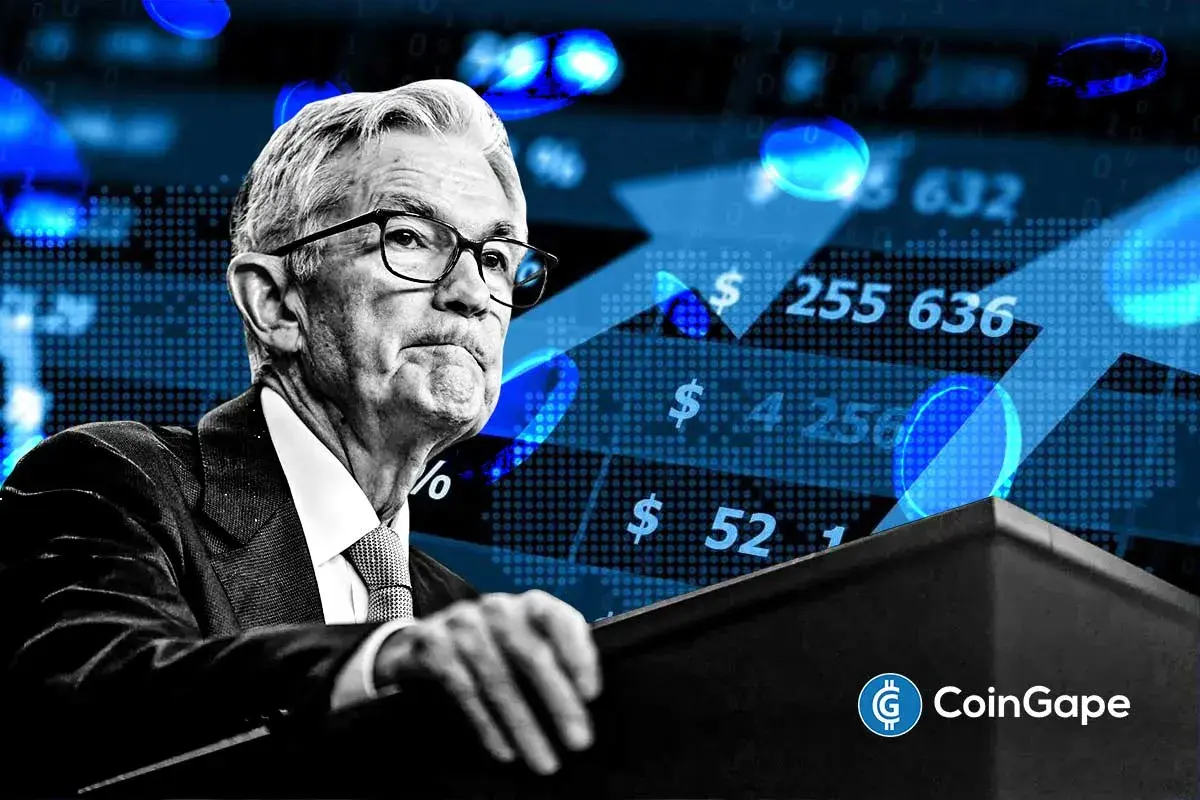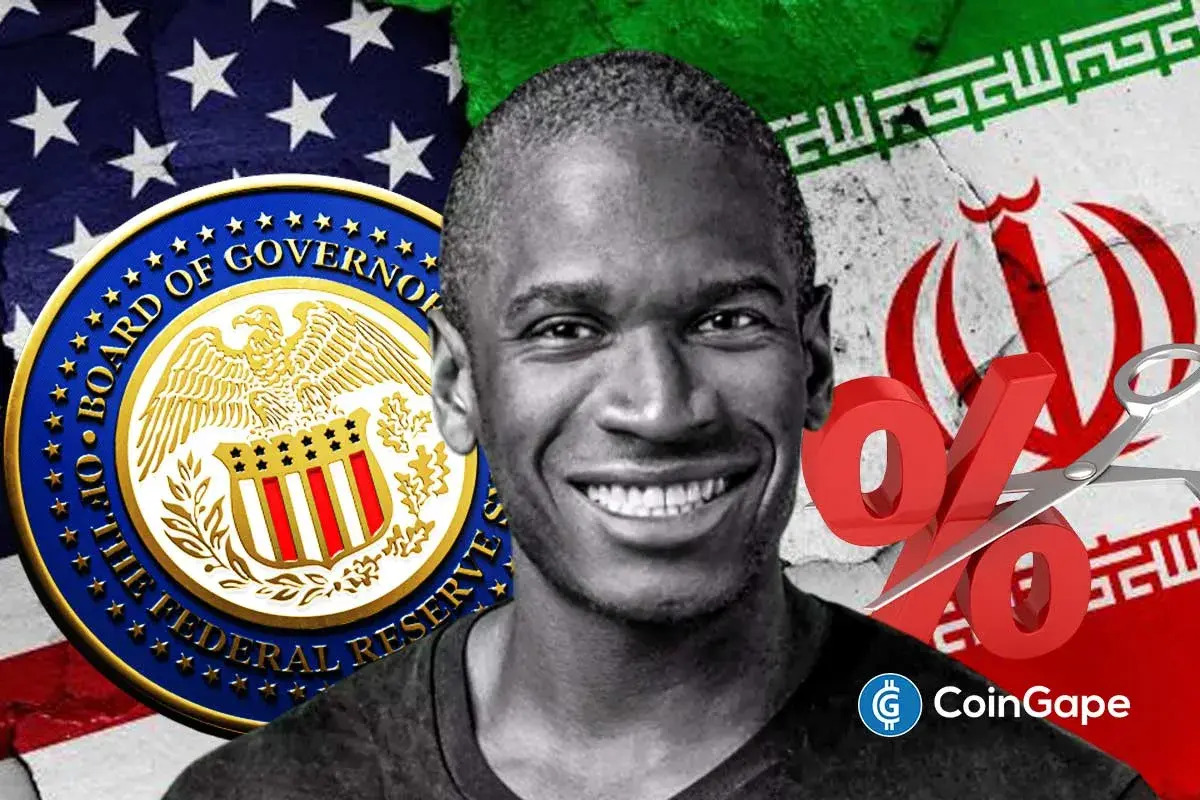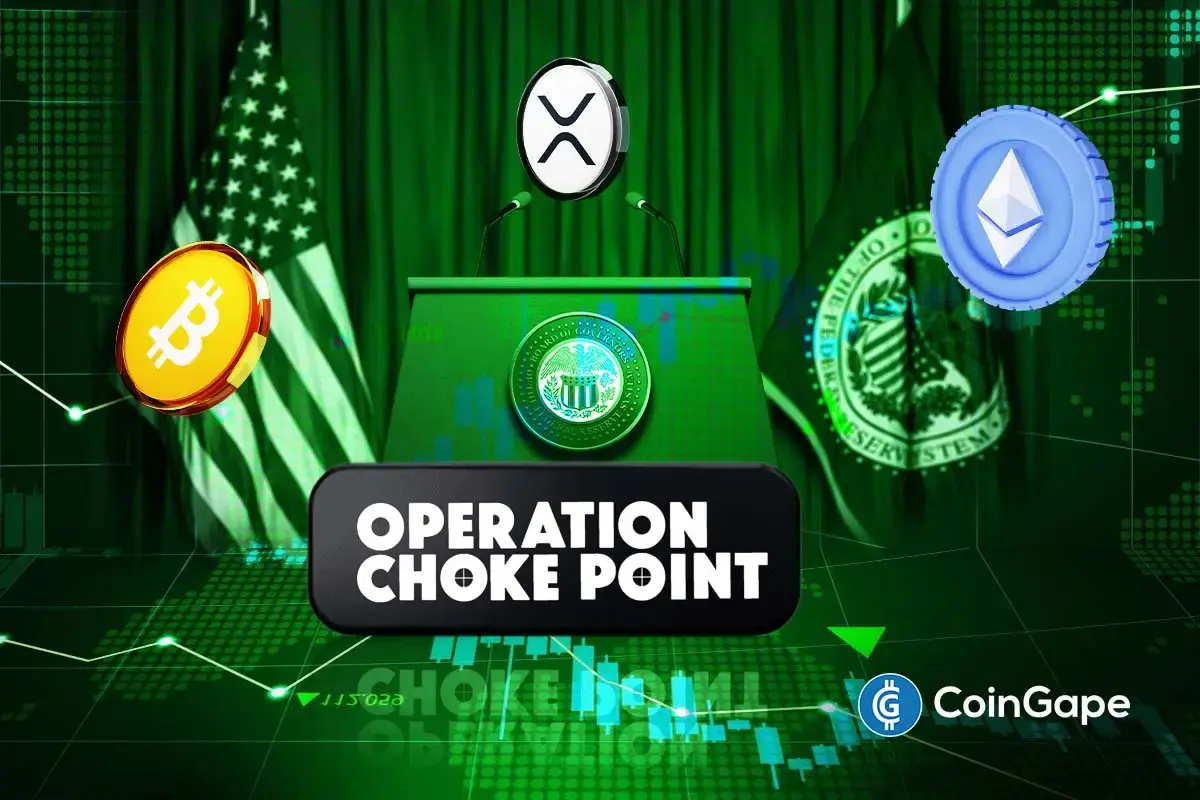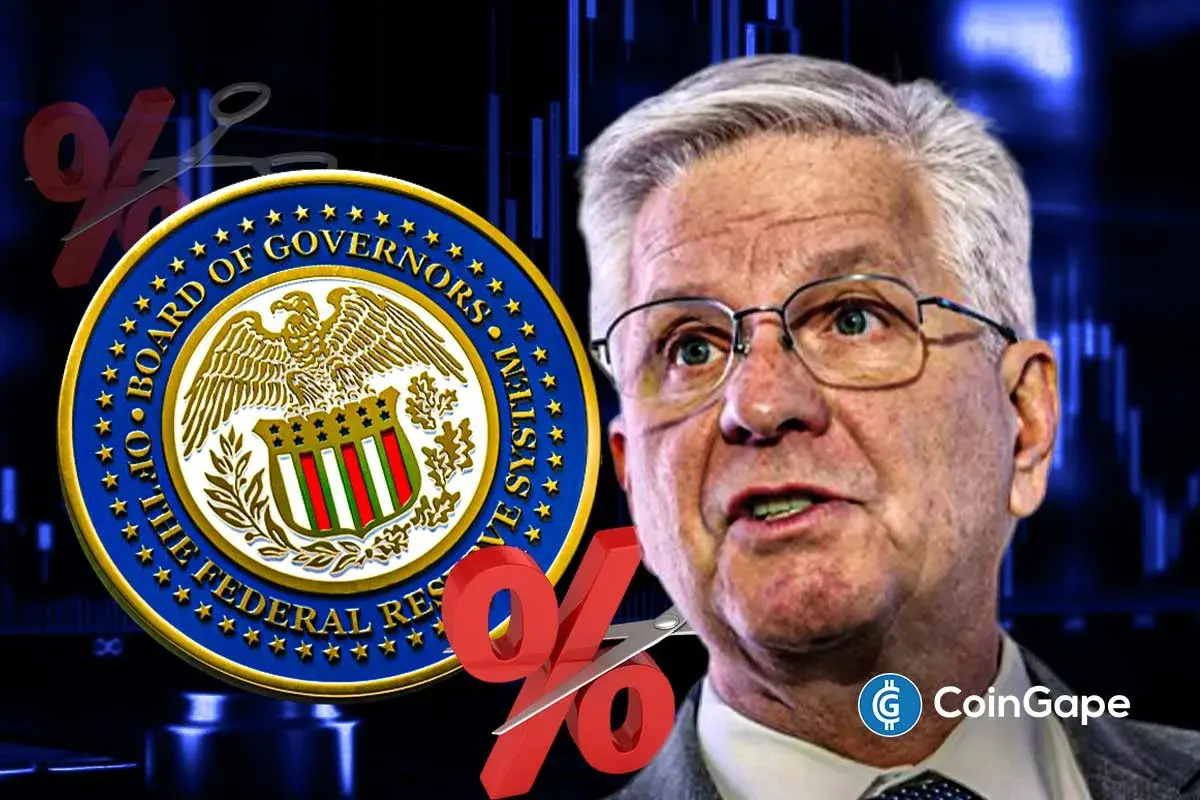Fed Chairman: The World Won’t Need Digital Currencies Once We Have the Digital Dollar

On Wednesday, July 14, Federal Reserve Chairman Jerome Powell spoke on the topic of having a Digital Dollar during the hearing before the U.S. House of Representatives Financial Services Committee. The Fed Chairman said that one of the major reasons for the U.S. Central Bank to have digital currency in place is that it will undercut the need for other public cryptocurrencies and stablecoins.
He added that the Digital Dollar will be a more viable alternative for digital assets. Powell said:
“I think that may be the case and I think that’s one of the arguments that are offered in favor of digital currency. That, in particular, you wouldn’t need stablecoins, you wouldn’t need cryptocurrencies if you had a digital U.S. currency – I think that’s one of the stronger arguments in its favor.”
In September 2021, the Fed will be releasing the first official discussion paper on Digital Dollar. This will be a key step in deciding the Fed’s future action on the development of its CBDC. He also stressed that more regulations are required to push stablecoins to take a bigger role in the financial system.
Appropriate Regulatory Framework for Stablecoins
The Fed Chairman agreed to the recent comments from Fed Governor Lael Brainard. Back in May 2021, Brainard said that businesses and households might be harmed by a fragmented payments system that has too many stablecoins. A proper regulatory framework to govern stablecoins will be thus essential. On Wednesday’s hearing, Powell said:
“We have a pretty strong regulatory framework around bank deposits, for example, or money market funds. That doesn’t exist currently for stablecoins, and if they’re going to be a significant part of the payments universe – which we don’t think crypto assets will be but stablecoins might be – then we need an appropriate regulatory framework.”
Powell has already said that if the Fed were to move ahead with the CBDC, it will surely consult the public and Congress. The USD still dominates its position as the world’s reserve currency, but CBDC developments by China and other parts of the world could bring some threats to the USD stronghold in the future.
Play 10,000+ Casino Games at BC Game with Ease
- Instant Deposits And Withdrawals
- Crypto Casino And Sports Betting
- Exclusive Bonuses And Rewards

- Bitget Rolls Out Group-Based Maker Rates to Boost Liquidity Across Spot and Futures
- Kraken Gains Access To The Federal Reserve’s Payment System as Ripple Awaits Approval
- “There Is Only One Gold,” Billionaire Ray Dalio Says Amid BTC’s Quantum Threats
- Goldman Sachs CEO Predicts ‘Weeks’ of Crypto Market Crash as U.S Iran War Continues
- Polymarket Axes ‘Nuclear Detonation’ Prediction Market Amid Public Fury
- Robinhood Stock Price Prediction As Cathie Wood Buys $12M Dip in Bold ARK Move
- Bitcoin Price At Risk? Professor Who Predicted US-Iran War Says America Could Lose
- Gold Price Prediction March 2026: Rally, Crash, or Record Highs?
- RIOT Stock Prediction as Needham, Piper Sandler Slash Target After Earnings
- Cardano Price Outlook As Charles Hoskinson Warns Over CLARITY Act
- Circle Stock Price Climbs 15% to $96, Can Rally Continue in March 2026?

 Buy $GGs
Buy $GGs






